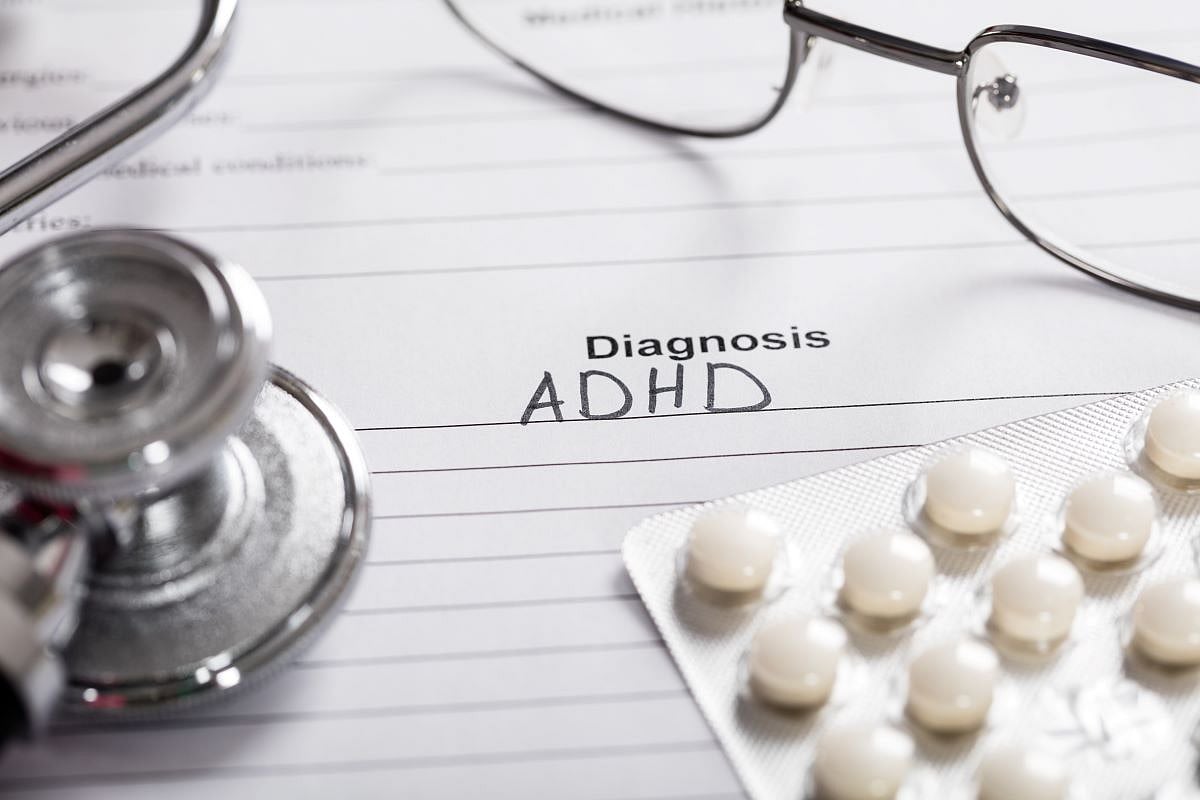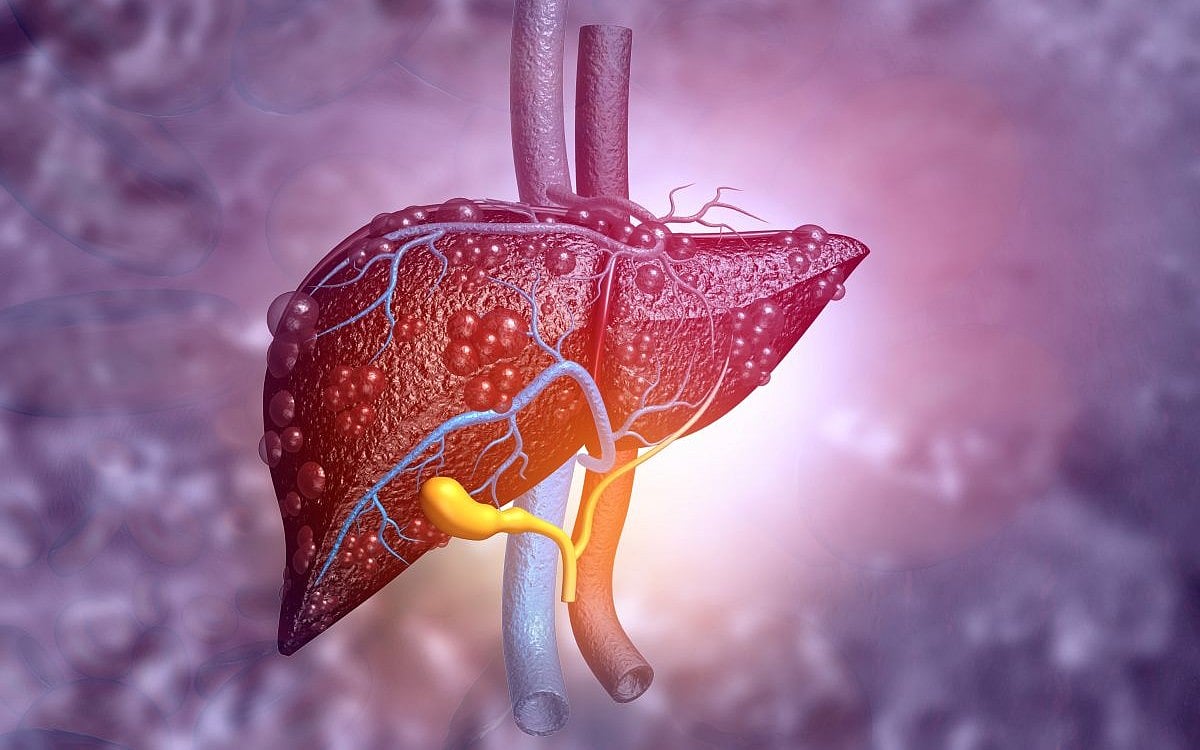Get Healthy!
Staying informed is also a great way to stay healthy. Keep up-to-date with all the latest health news here.
03 Mar
New Global Analysis Warns of Sharp Rise in Breast Cancer Cases
The number of new breast cancer cases worldwide is predicted to surpass 3.5 million by 2050. But researchers say targeting six lifestyle risk factors could help change the trajectory.
02 Mar
Are Gut Microbiome Kits Overpromising?
The American Gut Project tests 21 at-home gut microbiome kits from seven companies and finds “major discrepancies.”
27 Feb
Depression Therapy That Usually Takes 6 to 8 Weeks May Work Just as Well in 5 Days
A new study finds transcranial magnetic stimulation, used for treatment-resistant depression, can provide significant symptom relief in just days instead of weeks.
Early Sports Specialization Linked To Increased Injury Risk
Parents of athletic children can protect them from injury by encouraging them to try out a wide variety of sports, a new study says.
Repetitive stress from focusing on one sport at a young age increases an athlete’s risk of injuries into adulthood, according to a pair of new studies presented this week at the American Academy of Orth...
- Dennis Thompson HealthDay Reporter
- |
- March 4, 2026
- |
- Full Page
Colorectal Cancer Rates Shifting to Younger Groups as Rectal Cancer Rates Spike
Colon cancer, long considered a disease of the elderly, is increasingly striking younger Americans, according to a startling new report.
Nearly half of new colon cancer diagnoses — about 45% — now occur in people under 65, according to the report from the American Cancer Society (ACS).
This is a massive jump from 1995, wh...
- Deanna Neff HealthDay Reporter
- |
- March 4, 2026
- |
- Full Page
AI Therapist? It Falls Short, a New Study Warns
More people are asking artificial intelligence (AI) chatbots for help with daily problems, from work stress to relationship worries and more.
Now, a new study warns that when it comes to mental health advice, these systems may fall short.
A team at Brown University in Providence, Rhode Island, found that even when AI syst...
- HealthDay Staff HealthDay Reporter
- |
- March 3, 2026
- |
- Full Page
BBQ Sauce Recall Issued Nationwide Due To Incorrect Label
Savannah Bee Company is recalling a batch of its Honey BBQ Sauce-Mustard after discovering the product may contain undeclared wheat and soy, two common allergens.
The sauce is sold in a 16-fluid-ounce clear glass bottle with an orange label. It carries the lot number B1L1360525, a best-before date of 05/16/27, and UPC 8 50033 93758 9, the ...
- HealthDay Staff HealthDay Reporter
- |
- March 3, 2026
- |
- Full Page
Nearly 20 States Scale Back HIV Medication Programs
A growing number of states are rolling back financial help for HIV medications.
An analysis released March 2 by the health research group KFF found that 18 states have adopted cost-cutting changes to their AIDS Drug Assistance Programs, known as ADAPs.
Five more states are considering similar steps.
ADAP programs are fund...
- HealthDay Staff HealthDay Reporter
- |
- March 3, 2026
- |
- Full Page
FDA Recalls More Than 651,000 Jugs of Water Over Sanitation Concerns
More than 651,000 large bottles of water are being pulled from store shelves after health officials flagged sanitation issues.
The U.S. Food and Drug Administration (FDA) says 651,148 bottles of water are under recall because of what it described as “insanitary conditions.”
The agency did not provide exact details.
...
- HealthDay Staff HealthDay Reporter
- |
- March 3, 2026
- |
- Full Page
How to Get Ready For Daylight Saving Time
You love it — or loathe it.
Either way, the clocks jump forward one hour Sunday morning for the start of Daylight Saving Time, providing an extra hour of evening light through Nov. 1. That means one hour less sleep this weekend.
Resetting your body’s internal clock for these seasonal changes can be challenging for f...
- Carole Tanzer Miller HealthDay Reporter
- |
- March 3, 2026
- |
- Full Page
A-Fib Drug Could Interact With Blood Thinners, Increase Risk Of Dangerous Bleeding
People with abnormal heart rhythms could be at risk of dangerous bleeding from a serious combination of prescription medications, a new study says.
Patients with atrial fibrillation (A-Fib) often are prescribed diltiazem to help control their heart rate, researchers said in the Annals of Internal Medicine.
Because A-Fib also...
- Dennis Thompson HealthDay Reporter
- |
- March 3, 2026
- |
- Full Page
Collagen Supplements Good For Skin, Arthritis, Evidence Review Concludes
Collagen supplements have some legitimate benefits, improving skin health and reducing pain from wear-and-tear arthritis, a new evidence review has concluded.
Skin elasticity and hydration improve while taking collagen supplements, and arthritis pain and stiffness eases, researchers reported in the Aesthetic Surgery Journal Open Forum<...
- Dennis Thompson HealthDay Reporter
- |
- March 3, 2026
- |
- Full Page
Effective Sunscreen Protection Can Cost $40 A Year
Protecting yourself against skin cancer can cost as little as $40 a year, a new study says.
Sunscreens with a sun protective factor of 50 can be purchased as for as little as 4 cents an application, researchers recently reported in JAMA Dermatology.
On the other hand, more expensive versions can cost 17 times as much –...
- Dennis Thompson HealthDay Reporter
- |
- March 3, 2026
- |
- Full Page
Illicit Adderall Use Places Stress On The Heart, Study Shows
College students using the ADHD drug Adderall as a study aid could be harming their heart health, a new Mayo Clinic study warns.
A single 25-milligram dose of Adderall can cause a person’s heart rate and blood pressure to surge if they’re not used to taking the medication regularly, researchers found.
"The average heart r...
- Dennis Thompson HealthDay Reporter
- |
- March 3, 2026
- |
- Full Page
Breast Cancer Cases, Deaths Expected To Rise Worldwide
Breast cancer deaths are expected to continue rising over the next decade and a half, driven in part by unhealthy lifestyle choices, a new study says.
Worldwide, breast cancer deaths are projected to increase by 44%, rising to nearly 1.4 million by 2050 from 764,000 in 2023, researchers recently reported in The Lancet Oncology.
- Dennis Thompson HealthDay Reporter
- |
- March 3, 2026
- |
- Full Page
FDA To Offer Cash Bonuses for Faster Drug Reviews
The U.S. Food and Drug Administration’s (FDA) chief says the agency will begin offering bonuses to drug reviewers who complete their work ahead of schedule.
Dr. Marty Makary described the effort as a pilot program during a staff meeting last week. The first quarterly bonus payments could begin going out in August, according to presen...
- HealthDay Staff HealthDay Reporter
- |
- March 2, 2026
- |
- Full Page
U.S. Tops 1,100 Measles Cases This Year as Outbreaks Grow
Measles cases are climbing rapidly across the United States, with more than 1,100 infections reported in the first two months of this year, data shows.
As of Feb. 26, 1,136 cases had been confirmed, according to the U.S. Centers for Disease Control and Prevention (CDC). That total is already far higher than usual numbers for an entire year...
- HealthDay Staff HealthDay Reporter
- |
- March 2, 2026
- |
- Full Page
Chocolate Male Supplement Recalled Over Hidden Erectile Dysfunction Drug
A chocolate male enhancement product is being pulled from store shelves after federal health officials found it contains a hidden prescription drug.
The company — USALESS.COM, based in Brooklyn, New York — is recalling its product called Rhino Choco VIP 10X, according to an alert from the U.S. Food and Drug Administration (FDA)...
- HealthDay Staff HealthDay Reporter
- |
- March 2, 2026
- |
- Full Page
New Drug Could Boost Efforts To Wipe Out Sleeping Sickness
A new treatment for sleeping sickness could make it much easier to treat and possibly eliminate the deadly disease.
On Friday, a committee of the European Medicines Agency (EMA) recommended approval of acoziborole, a drug made by Sanofi. The decision is a key step to making the medicine available in Congo, where most cases occur, and in ot...
- HealthDay Staff HealthDay Reporter
- |
- March 2, 2026
- |
- Full Page
Telemedicine Visits Cost Five Times Less Than In-Clinic Care
Telemedicine appointments aren’t only more convenient, but actually save money for both patients and health care systems, a new study says.
Telemedicine visits are five times less costly than in-person appointments for the most common conditions, researchers recently reported in JAMA Network Open.
On average, telemedic...
- Dennis Thompson HealthDay Reporter
- |
- March 2, 2026
- |
- Full Page
GLP-1 Drugs Might Ease Chronic Migraine, Study Says
Weight-loss drugs like Ozempic and Zepbound might also help people manage migraines, a new study says.
Chronic migraine sufferers taking GLP-1 drugs were about 10% less likely to need ER care for a migraine attack compared to those taking a standard first-line migraine drug, researchers are scheduled to report at an upcoming meeting of the...
- Dennis Thompson HealthDay Reporter
- |
- March 2, 2026
- |
- Full Page
Blood Test Reveals Alcohol-Related Liver Disease
A new, easy-to-use blood test can identify when a person’s liver disease is being driven by too much drinking, researchers say.
With the test, researchers can estimate whether a person with fatty liver disease might have alcohol-related liver damage, researchers recently reported Feb. 25 in the journal Gastroenterology.
<...- Dennis Thompson HealthDay Reporter
- |
- March 2, 2026
- |
- Full Page
Hormone Therapy Might Be Unnecessary For Some Prostate Cancer Patients
Some men who’ve had surgery for prostate cancer can probably skip hormone suppression therapy without harm, a new study says.
Men typically undergo radiation and hormone therapy following prostate cancer surgery to reduce the risk of their cancer coming back.
However, the hormone therapy appears to provide little survival benef...
- Dennis Thompson HealthDay Reporter
- |
- March 2, 2026
- |
- Full Page






.jpg?w=1920&h=1080&mode=crop&crop=focalpoint)














